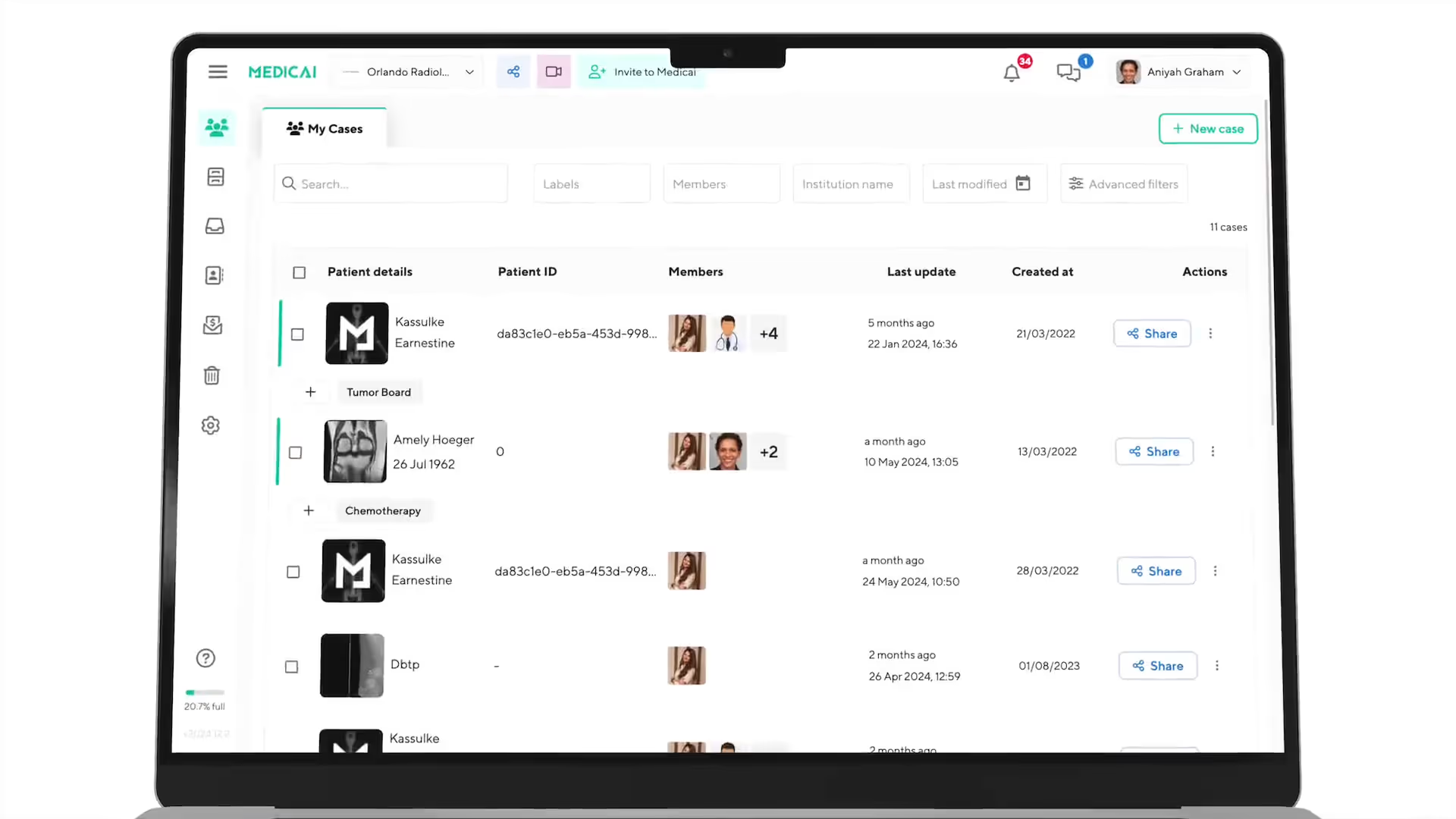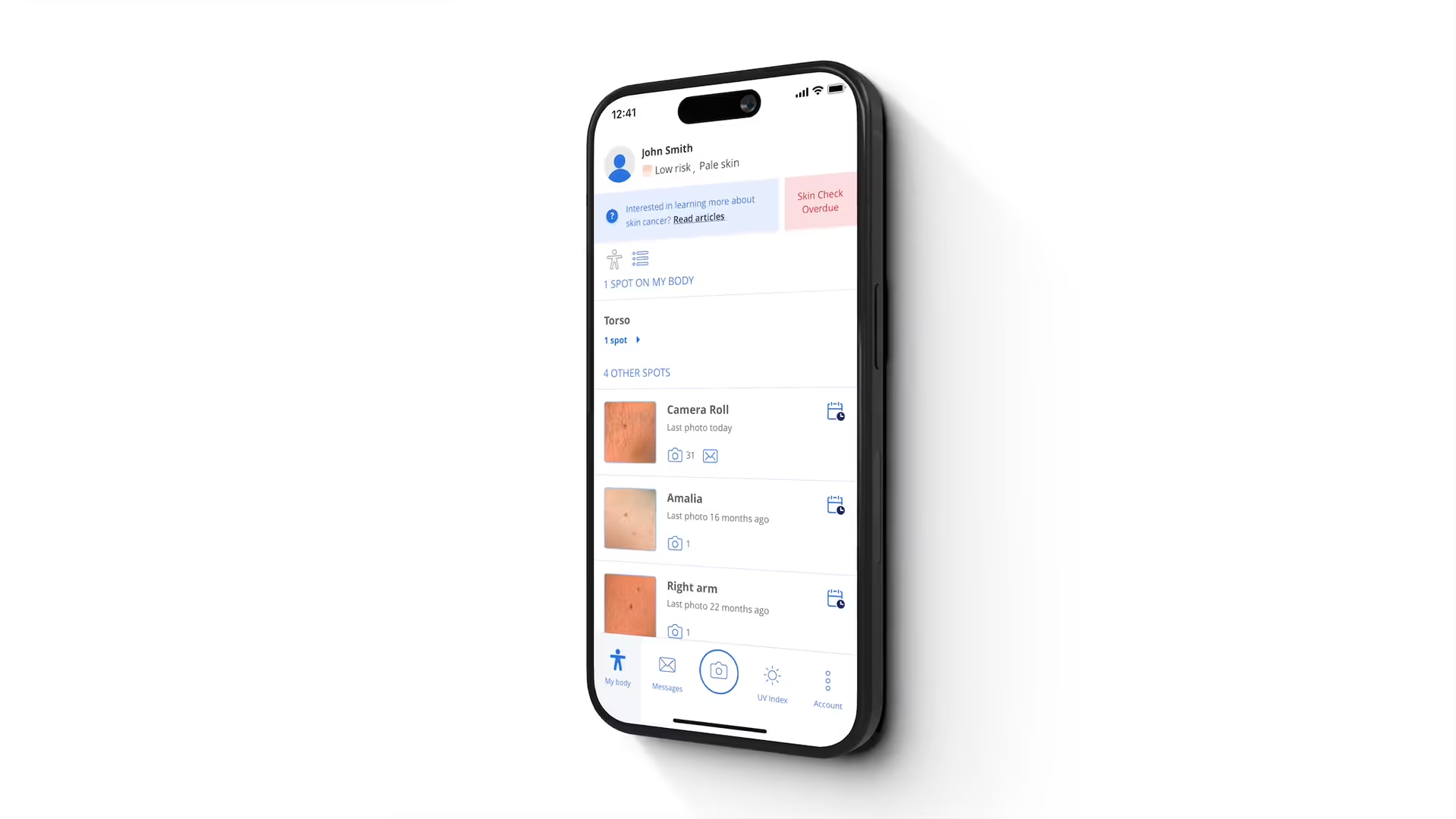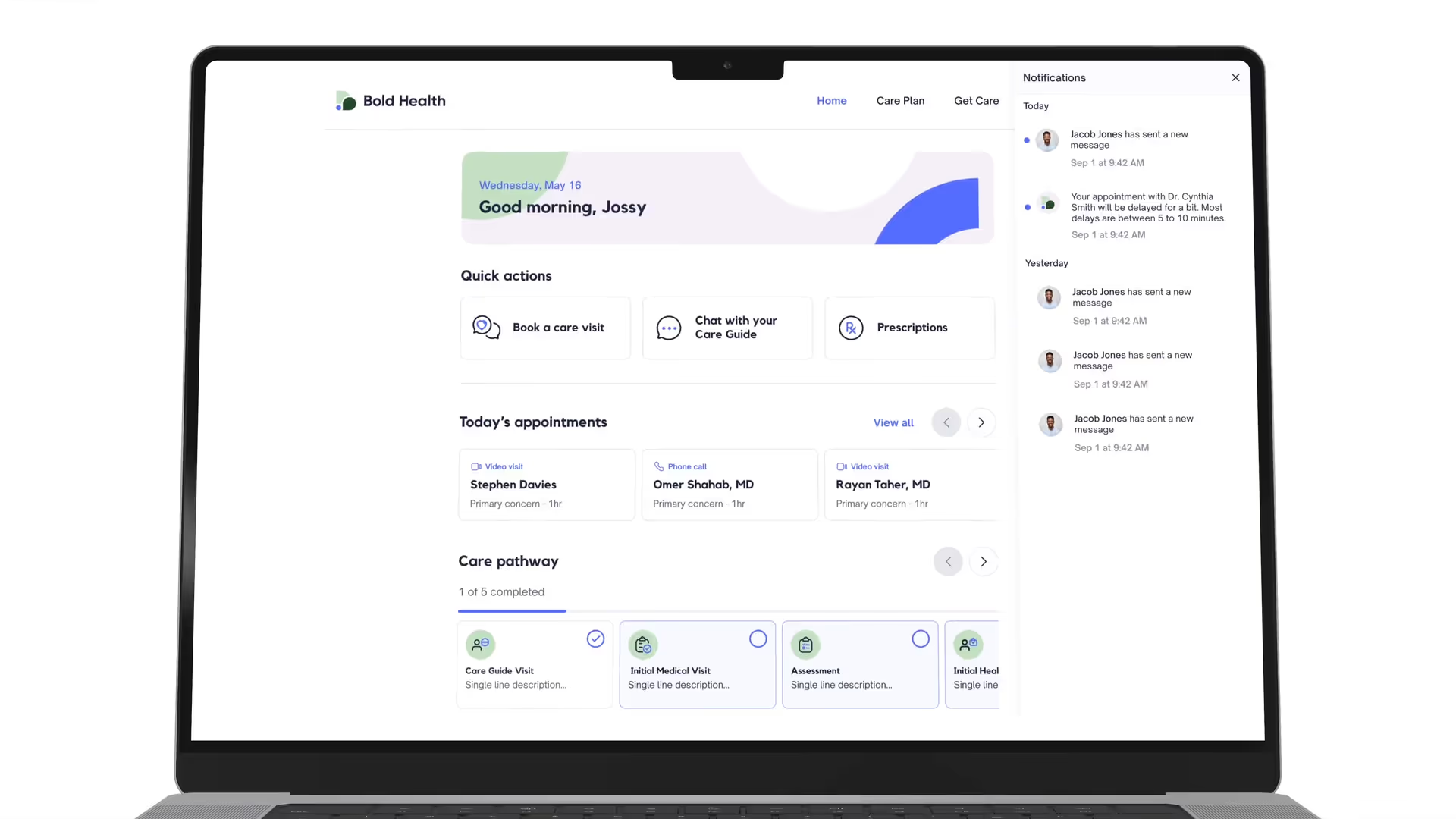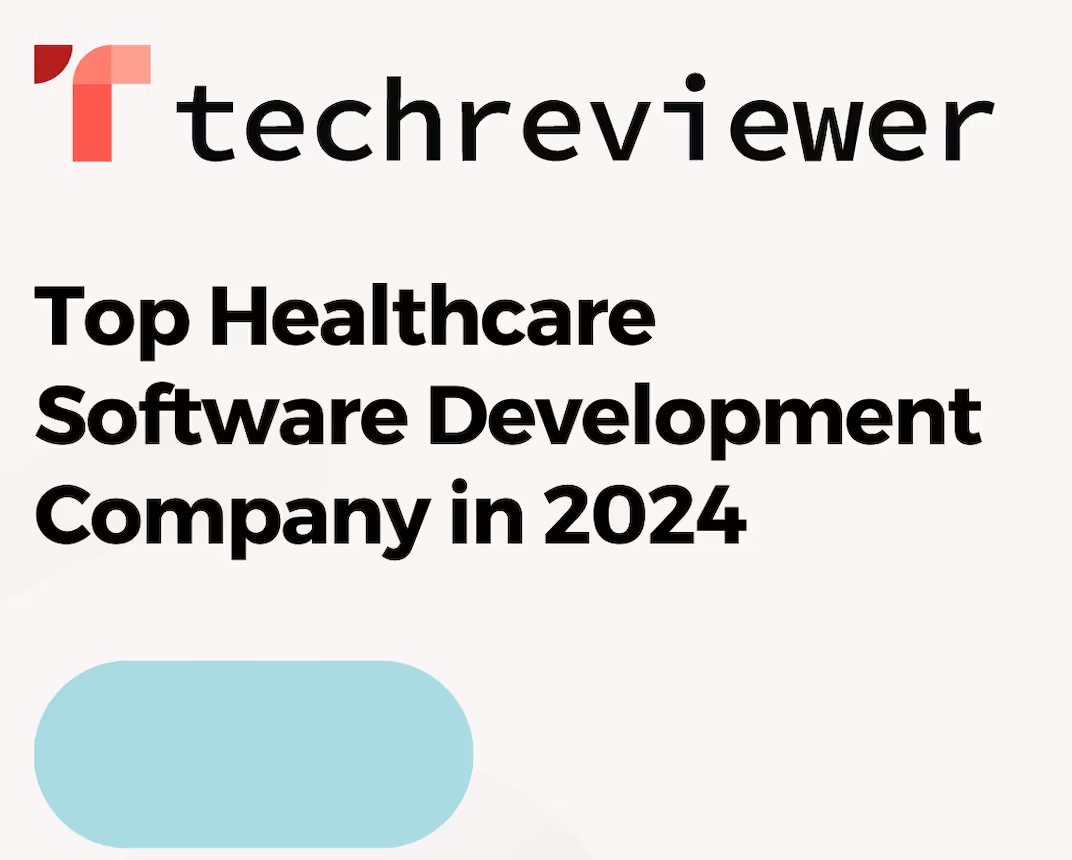Artificial Intelligence or AI as it is popularly known, has invaded all spheres of life and businesses. Medical services are no exception as far as the use of AI is concerned. Although its use in the AI medical companies and services sector is in an initial stage, it has immense potential.
With large-scale adoption and investment from both the public and private sectors, the use of this technology will get cheaper and more affordable.
This post specifically focuses on the latest AI advancements in Medtech and how it is revolutionizing healthcare management and its related services.
So, let’s get started.

Latest AI Advancements in Medtech
AI has entered different healthcare administration areas, increasing its efficiency and reach. It has made health services better and more accurate. What is Medtech and in which areas is AI being used?
Medical Imaging
AI algorithms are analyzing complex images of CT scans, MRIs, and X-rays. This is used to identify brain tumors or diseases such as cerebrovascular disease, Alzheimer’s, dementia, tuberculosis, or osteoporosis.
It provides essential insights into the condition of patients, improves health outcomes, and increases diagnosis speed.
Part of healthcare AI companies, at Atta Systems we work closely with innovative companies such as Medicai (cloud medical imaging infrastructure for healthcare providers) and we develop and deploy several classes of AI algorithms:
- AIs are capable of early detection of medical conditions by analyzing medical imaging studies.
- Co-Pilot AIs for radiologists - automates repetitive tasks of radiologists and increases their efficiency by 2-3
Drug Development
Developing new drugs is a long and expensive process. However, these challenges are addressed by making use of AI. Vast sets of data are analyzed by Machine Learning algorithms. The results of this analysis detect potential drug targets and predict the drug’s efficacy.
Certain algorithms examine scientific literature and identify genetic biomarkers for more effective clinical trials and shorten drug development processes.
AI is also used to repurpose existing medicines to treat specific ailments. It generates molecular structures to accelerate the process of finding new drugs.
Surgery
You must have seen at least one video of robotic arms performing surgery as doctors keep a close watch. Yes, these robotic arms are controlled by AI, which has been developed to perform high-precision surgery.
These robots take control of surgical instruments, cameras, and mechanical arms and are supervised by surgeons via computer consoles. They provide 3D and magnified views of difficult-to-see surgical sites.
Such use cases of AI and robots improve the chances of successful procedures, reduce post-surgery complications, and shorten recovery time.
Remote Healthcare Administration
During the COVID-19 pandemic, Remote patient monitoring (RPM) became common. This RPM technology significantly enhances patient well-being as it allows researchers to make use of additional patient-generated data.
AI can is part of RPM tools or process the RPM data. These tools make use of advanced analytics AI to promote hospital-at-home programs.
RPM solutions continuously or intermittently record data captured by wearables and biosensors. As a result, AI increases the ability of these solutions to predict complications.
These tools figure out a patient’s baseline biometrics and measure deviations from that baseline to alert the medical team about a possible health issue.
Electronic Health Records (EHR)
EHRs store large quantities of information about a patient in both structured and unstructured formats. Although this data is valuable for clinicians, making it accessible is a challenge.
EHR aims to streamline clinical workflows and provide cost-effective treatment. However, doctors find this electronic documentation to be an additional burden. AI tools provide a solution to this EHR burden and give doctors the extra time to focus on patients.
Data extraction solutions give doctors the required information quickly without information overload. Most of these solutions make use of Natural Language Processing (NLP), which represents an AI concept for text processing.
Predictive Analytics
The use of predictive analytics has enabled healthcare providers to be more proactive. It provides the ability to forecast outcomes, which helps in clinical decision-making. To make use of predictive analytics, huge sets of data coming from multiple sources need to be analyzed.
Hence, many predictive analytics tools use AI technology to analyze the data captured. This helps in clinical decision support, value-based healthcare consulting, and an expanding list of applications.
This technology flags patients at risk of serious diseases and prevents the development of a disease scientifically.
Fraud Detection
Fraud has been affecting healthcare systems for quite some time now and AI is being used to prevent or detect it. Insurers get billed for services that have not been provided and surgeons perform unnecessary procedures to get higher insurance amounts.
AI algorithms prevent this by processing medical and billing data for abnormalities. It identifies duplicate billing and prevents fraud, ensuring patients get appropriate care.
AI technology prevents fraud by comparing vast amounts of data and spotting deviations that are difficult for humans to pick.
Machine Learning algorithms improve over time to identify unfair practices and prevent fraud.
Medtech Solutions by Atta Systems
Atta Systems is a software development company with offices in Singapore and Bucharest. The services offered by Atta Systems focus on Medtech, Edtech, and Fintech verticals and include Product Strategy, Product Design, Software Engineering, and Data Science.
Let’s look at some of the projects undertaken by Atta Systems, where we have used AI components in Medtech.
Atta Systems drives healthcare innovation by making use of digital services like cloud computing, big data, machine learning, product design, and AI. The company has created software solutions for fields like cardiology, neurology, oncology, radiology, dermatology, and pulmonology.
The software solutions provided by the company are GDPR-compliant, HIPAA-compliant, and ISO 27001 Certified.
Creating a successful healthcare product goes beyond just having a great idea. It requires a strategic blend of design, execution, and,a feedback-driven approach. This approach integrates real-time feedback throughout the design and development process, fostering a user-centered design that evolves alongside user needs.
Use Cases/Case Studies of Medtech Products by Atta Systems
Atta Systems has developed in the last ten years very high-performing Medtech products:
MEDICAI
A medical imaging infrastructure for healthcare providers that can retrieve, view, store, and share medical imaging data. In the past few decades, medical imaging has evolved from radiologists generating paper reports to collaborative efforts done both by specialists and radiologists.
This is done with the help of AI technology, which enables the transfer of huge data sets and powerful language models.
The new feature, called Radiology AI Co-Pilot, optimizes workflows by reducing the time spent dictating and drafting medical reports. Radiologists and medical staff spend a significant amount of time analyzing images and dictating or writing reports. The AI Co-Pilot assists by automating these processes, listening, and completing the medical report in real time.
Challenges Faced: The development team had to face challenges like the need to integrate diverse imaging modalities into one platform, real-time collaboration across geographies, data security, privacy, scalability, flexibility in cloud infrastructure, and streamlined workflow integration.

Solution: Medicai allows imaging centers to directly and securely transmit data to doctors, improving healthcare services. It has a web-based DICOM Viewer, which supports all imaging types and stores data.
Medicai makes use of cloud infrastructure to increase integration between radiology centers and hospitals or clinics. Medical teams can access data from any browser, collaborate and hold online meetings.
Medicai’s multi-enterprise solution allows clients to connect all locations and imaging partners' locations.
SkinVision
This Medtech software solution by Atta Systems is used to self-check skin for cancer with an AI-powered phone app.
It makes use of sophisticated AI technology developed in collaboration with leading dermatologists for early detection and proactive skin care management.
Challenges Faced: The SkinVision development team faced challenges like misdiagnoses, causing unnecessary anxiety and delayed treatment. Implementing robust data security measures was also a challenge.

Algorithms had to deal with variations in smartphone cameras and lighting. Designing the UI/UX for diverse users who are experiencing health issues was also a challenge. Apps' back end is needed to handle growing data and maintain performance across devices.
Adhering to global AI medical devices regulations was also a necessity.
Solution: Atta Systems joined the team of SkinVision and helped the product team with mobile app development for both iOS and Android. Atta Systems provided the software for image processing, computer-vision skills for on-device image acquisition, backend infrastructure and monitoring product analytics.
Bold Health
It is a virtual care platform for Irritable Bowel Syndrome (IBS) patients, which transforms gut health through better treatment of digestive conditions.
The purpose of Bold Health is to transform gut health for millions with efficient gastrointestinal (GI) care.
Although it is widely prevalent, gastrointestinal (GI) conditions are not well served by digital innovation.
Challenges: There were product challenges in the form of engagement, retention, regulatory compliance, and system integration with existing healthcare infrastructure.
Technical challenges include scalability, security, consistent UX, and continuous deployment.
There were some AI & ML challenges related to Predictive Analytics, Natural Language Processing(NLP) and model training.

Solution: Atta systems built the Bold Health’s Virtual Care system with a web interface, patient mobile app, a clinician web platform and an admin web platform. The cloud services is provided by Amazon AWS.
In Conclusion
As we have seen, Medtech is already being adopted into mainstream healthcare services across the world. However, we have just seen the tip of the iceberg as far as use of AI in Medtech applications are concerned.
With increasing mobile phone penetration and internet speeds, AI advancements in Medtech will increase by leaps and bounds in the near future.
If you are looking to build something in the Medtech space, let’s talk about it. Drop us a message and let’s get going.












